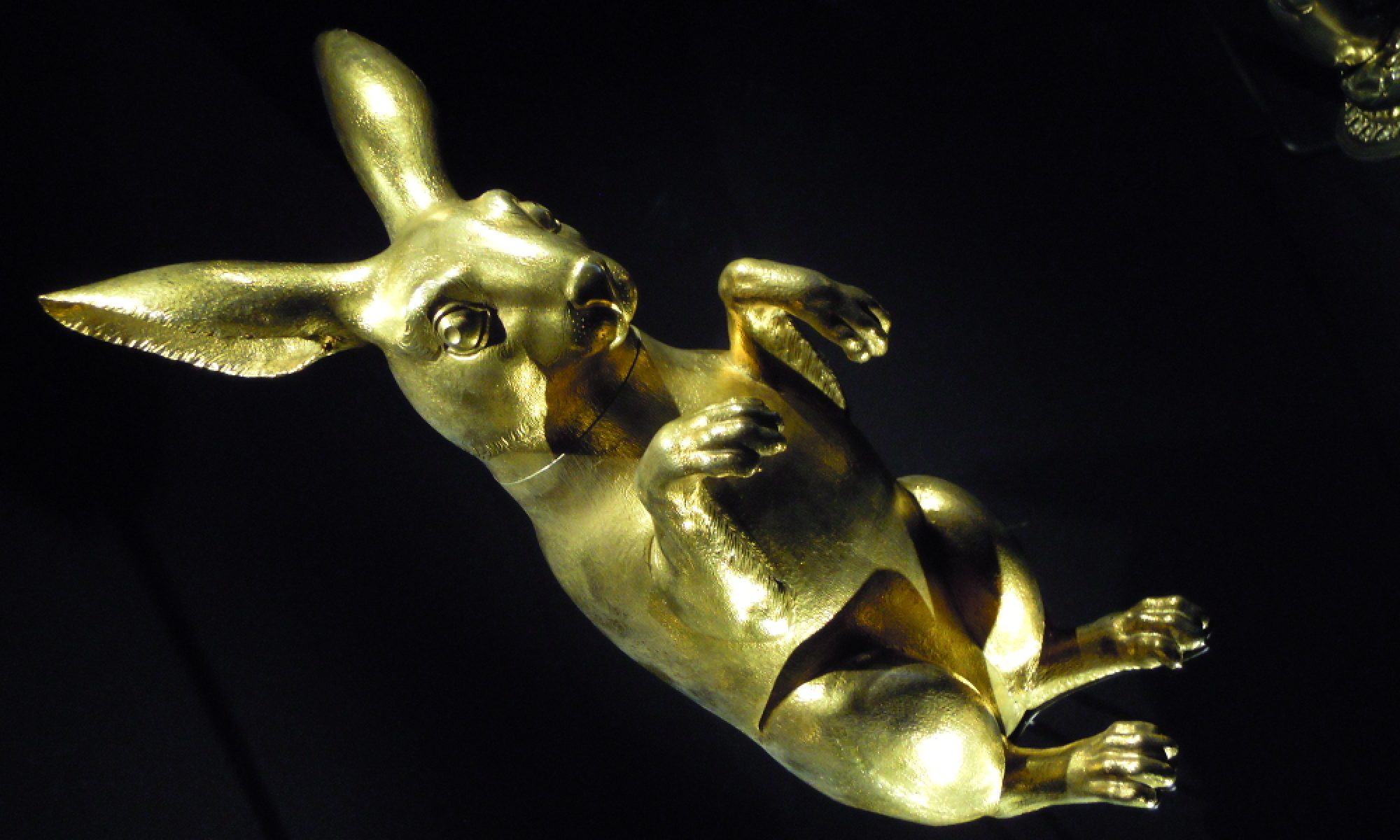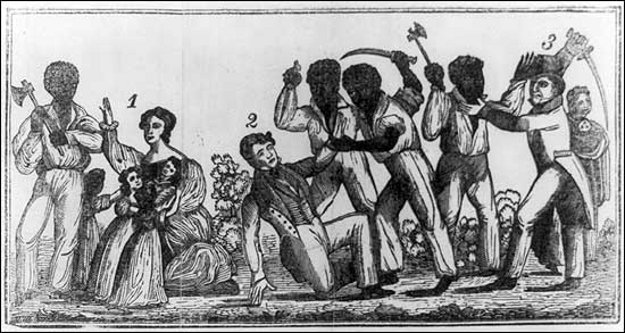Conspiracism and Racism – intellectual history’s ugly little twins
Andrew McKenzie-McHarg is a research felllow at the Research Centre at Gotha. He has recently completed a large conceptual history of the term „conspiracy theory.“
Maybe it was the experience of seeing Django Unchained but in these last weeks I have been looking at new directions in which to take the ongoing project on conspiracies – the film’s issue of slavery resonated with my research.
How do you get from slavery to conspiracy? Interestingly, a key text of the early modern period gives a hint. Thomas More’s Utopia is not so utopian as to dispense with slaverey – the slaves are convicted criminals. „But isn’t there at least the danger of the slaves forming a conspiracy against the government?,“ More’s traveller, Raphael Hythloday, asks. The answer: because the slaves are kept in isolation from each other, there is no fear of collusion.
Such „utopian“ conditions were however not to be realized as the English and other European colonists became involved in slavery in the New World. The fear of slave conspiracies was also in the 17th and 18th centuries compounded by a fear of conspiracies undertaken by the native indians. Such conspiracies were, of course, quite different from the court intrigues aiming to bring down, for example, Cardinal Richelieu. They were conspiracies not confined to a select group of courtiers or men of standing but involving a large, oppressed, dispossessed or maltreated majority. In terms of the semantics, one finds that the change is indicated by use of the term „general conspiracy“ or „conspiration générale.“
This is significant because it signals a broadening of the term „conspiracy“ – a broadening or dilation which is necessary for the concept of the „conspiracy theory“; as we know conspiracy theories, do not just deal with intrigues at court or in cabinet rooms. They are used to explain broad shifts and articulate diffuse fears.
But is is also interesting to note how even in the 17th and 18th century much of this fear of slave and indian conspiracies was tied to forms of (proto-)racism: the general conspiracies often had the goal of „extirpating the white people“. This research prompts questions about the relationship between conspiracism and racism. My preliminary research indicates that these two rather unsavoury forms of thought are entwined to a degree which deserves greater scholarly attention.
By the way, the image is from 1831 and depicts the atrocities alleged against black slaves who, under the the leadership of the slave Nat Turner, had risen against their masters in Virginia.


I was wondering if I could exchange emails with Andrew McKenzie-McHarg. I am an American Mason trying to conduct research on the 1782 Congress of Wilhelmsbad and I was referred to try and contact Andrew for any advice on this subject.
Any help is greatly appreciated.